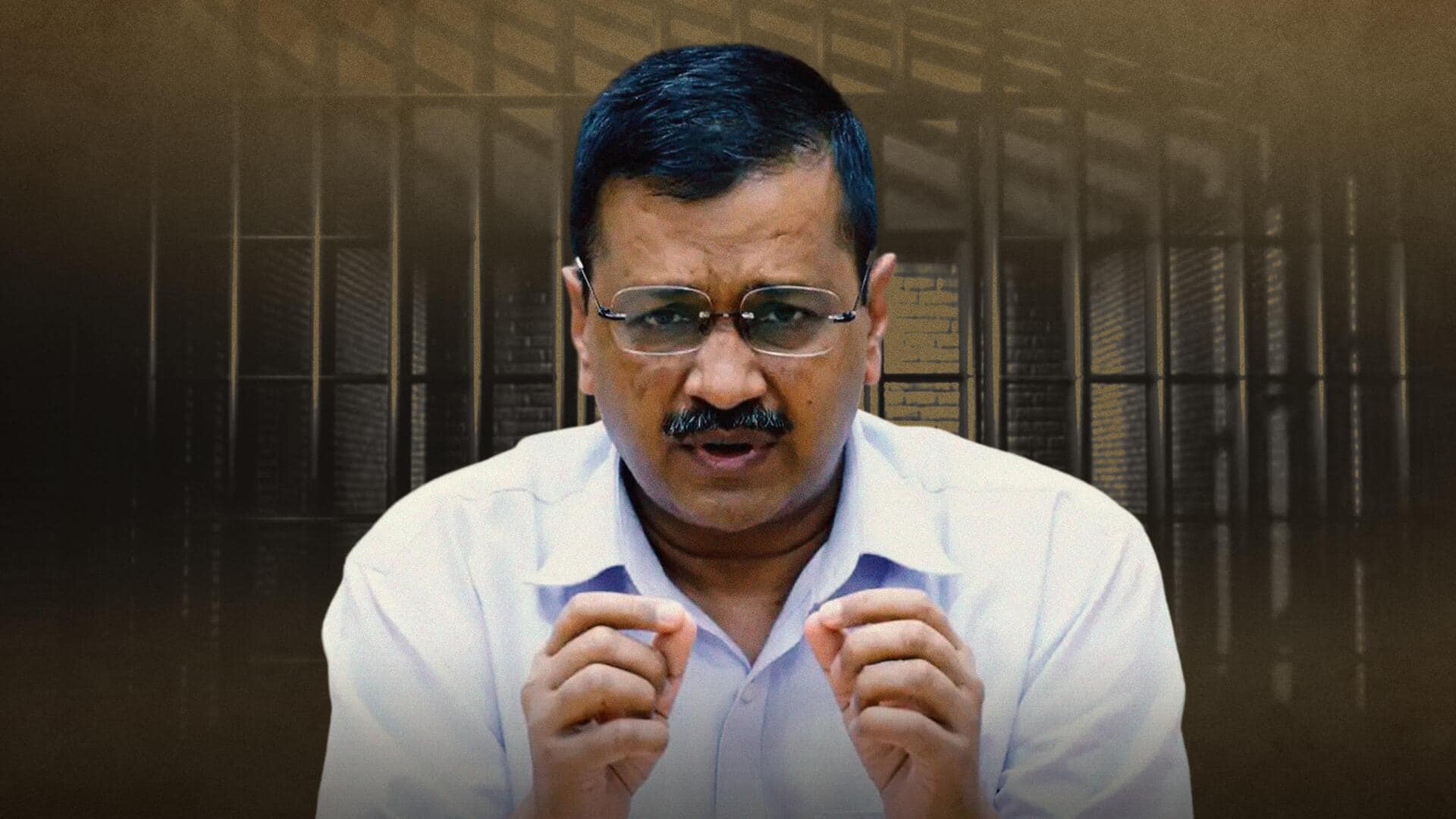
Arvind Kejriwal formally arrested by CBI in excise policy case
What's the story
The Central Bureau of Investigation (CBI) arrested Delhi Chief Minister Arvind Kejriwal on Wednesday, after permission from the Rouse Avenue court.
The arrest was made in the money laundering case linked to the now-scrapped excise policy.
Notably, Special Judge Amitabh Rawat had allowed the CBI to examine Kejriwal before his arrest.
The CBI had twice questioned him on Monday and Tuesday, before moving an application before the court seeking a production warrant for Kejriwal.
Legal proceedings
Kejriwal's counsel claims lack of prior information
However, during the hearing, Kejriwal's legal team, led by Advocate Vivek Jain, claimed they were not informed about the CBI's application to question him.
"We got to know about this through media. We were not given the application (by CBI) or the order passed (by court)," stated Jain.
Senior Advocate Vikram Chaudhari, also representing Kejriwal, requested access to relevant documents and a deferral of the hearing due to concerns over the proceedings' manner.
Investigation prerogative
CBI responds to Kejriwal's counsel's claims
In response to the claims made by Kejriwal's counsel, the CBI stated that informing the accused is not mandated by law.
"The law does not say that I have to tell them when I want to go and investigate him," said CBI counsel DP Singh.
"The same thing happened in the case of K Kavitha. I only need court's permission. I am seeking permission because he is in my lord's custody. To investigate or not is my prerogative," Singh argued.
Case background
Kejriwal's involvement in money laundering case
Kejriwal is currently incarcerated in the excise policy case.
He was arrested on March 21 by the Enforcement Directorate (ED) in this case.
The CBI first launched an investigation into the excsie policy case on the recommendation on Delhi's Lieutenant Governor VK Saxena in July 2022.
Although the CBI filed the case, the ED was the first to arrest Kejriwal.